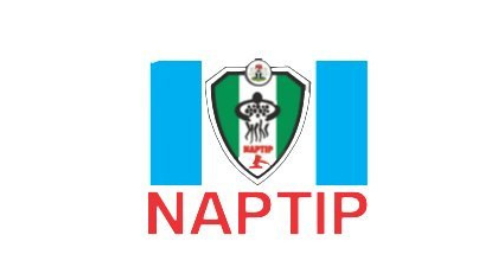The rising incidences of human trafficking in Delta State have prompted the International Centre for Migration Policy Development (ICMPD), in collaboration with the National Agency for the Prohibition of Trafficking in Persons (NAPTIP), to initiate a pilot project targeting 50 schools. This initiative comes amid growing concerns over the vulnerability of children to trafficking, with an emphasis on a comprehensive strategy that includes not just students but the wider school community—teachers, parents, and local civil society organizations. The project, known as the STEAP (Strengthening Education Against Trafficking in Persons) initiative, aims to create a robust educational framework to inform and protect students, enabling them to recognize and respond to potential threats while empowering them as vigilant guardians of their future.
During a workshop convened in Asaba, Delta State’s capital, Dr. Mojisola Sodeinde, the Head of the ICMPD’s West Africa Region, outlined the objectives of the project. She highlighted the alarming statistic that more than 75 percent of trafficking victims in the region are children, demonstrating the urgency of their mission. The workshop brought together various stakeholders, including government representatives, educators, and civil society members, to engage in discussions about the dynamics of human trafficking and its impact on school-age children. Sodeinde articulated the importance of awareness and understanding among educational leaders, stressing that safeguarding children and communities from exploitation must be a collaborative effort transcending government boundaries.
Central to the initiative is the training of teachers and school leaders in both primary and secondary education settings. This training will equip them with the knowledge and resources needed to recognize signs of human trafficking and to foster an environment that protects students. NAPTIP’s Director General, Mr. Binta Bello, underscored the significance of community involvement in combating human trafficking, emphasizing that it is a collective responsibility. He noted that NAPTIP not only combats trafficking but also supports victims and implements preventive measures to mitigate future cases, reinforcing the notion that local communities must take an active role in this fight.
The importance of collaboration and international support was further emphasized by a representative from the Netherlands Embassy, who acknowledged the valuable work being done through the STEAP initiative. The Netherlands maintains a Migration Partnership with Nigeria, where the prevention of human trafficking remains a priority. She commended Dr. Sodeinde’s efforts in organizing the workshop and highlighted the critical need for targeted approaches to prevent children from becoming victims, as well as aiding those who have been affected in reintegrating into the educational system. The partnership seeks to enhance both awareness and intervention strategies at the grassroots level.
Throughout the workshop, discussions focused on formulating strategies to effectively disseminate information about the risks and realities of human trafficking among students and community members. The goal is to create a supportive and informed environment within schools that encourages vigilance and proactive measures against trafficking. Additionally, the initiative aims to build partnerships with local civil society organizations to promote community-based awareness, strengthening the overall network of support and information dissemination to combat trafficking at local levels.
In conclusion, the initiation of this pilot project in Delta State represents a proactive approach to addressing the worrying trend of human trafficking, particularly among vulnerable youth. By involving educators, parents, and civil society, the ICMPD and NAPTIP are fostering a comprehensive framework designed to protect children and educate communities. This collaborative effort is not only crucial for countering trafficking but also instrumental in ensuring every child can pursue their education free from fear and exploitation. As the project unfolds, there is hope that it will serve as a model for similar initiatives across Nigeria and West Africa, enhancing the fight against this insidious crime and supporting the well-being and security of future generations.














